Mr. Chairman and members of the Subcommittee:
The premise of this hearing appears to be that there is something mysteriously opaque about the Federal Reserve’s conduct of monetary policy; that some threat to our economy might unfold out of view of the public and Congress; that if another group of experts, say, a team from the Government Accountability Office (GAO) “audited” the Fed’s deliberations on monetary policy, we would learn something important and we would all be better off.
My views are quite different and I will make three basic points.
-
- First, current monetary policy alternatives are controversial, but they are not mysterious or opaque, and Federal Reserve officials are making extraordinary efforts to explain to Congress and the public the dilemmas they face.
When the economy plunged into deep recession after the financial crisis of 2008 the Federal Reserve engaged in aggressively accommodative monetary policy aimed at arresting the steep decline of economic activity and accelerating recovery. It brought short term interest rates close to zero and engaged in several rounds of bond-buying to put downward pressure on long-term rates and flood banks with reserves. As the economy recovered, the Fed phased out its bond purchase programs.
Now the Fed must decide when to begin raising short-term interest rates and how fast bring those rates back to a more normal range. Like most monetary policy decisions, this one is a judgment call, and views differ, both inside and outside the Fed. The arguments for moving soon are that very low interest rates punish savers and invite excessive risk-taking; that the economy is strong enough to deal with higher rates and that the Fed needs to have rates back in a range where it can move in either direction. The arguments for waiting longer are that growth throughout the recovery has been slow, slack remains in labor markets, inflation is below target, and weakness in the international economy could affect U.S. growth negatively.
Different people weigh the factors differently, but there is nothing obscure or inscrutable about this dilemma. The FOMC minutes lay out the arguments. Chairman Yellen and other Fed officials explain their views frequently and lucidly in speeches. The Chairman testifies and answers endless questions both in hearings and in press conferences.
-
- Second, nothing terrible or irreversible is likely to happen if the Fed acts too slowly or too fast. Threats to our future prosperity are more likely to come from fiscal gridlock.
Some argue for higher rates on the grounds that inflationary dangers are lurking somewhere, but this fear seems extremely far-fetched to me. Even if labor markets were to tighten unexpectedly and wages began to rise faster, the Fed could counter any inflationary threat effectively by raising rates. Our economy is much less inflation-prone than a generation ago and there is no danger of inflation suddenly getting out of control.
Unfortunately, the more likely scenario for the foreseeable future is slow growth in the labor force combined with weak productivity growth. In such a world, reasonably accommodative monetary policy will continue to be appropriate, but is unlikely to be much help in spurring faster productivity growth.
Fiscal policy, by contrast, has a huge opportunity to improve our future prosperity by modernizing our decaying infrastructure, bolstering scientific research, and investing effectively in the skills of the labor force. Of course, views differ in the fiscal realm, as well. I believe near-term investment in future productivity growth should be balanced by long-term reductions in entitlement growth and increased revenues from a fairer, more pro-growth tax system. Resolving these questions is the responsibility of Congress and the President. In my opinion the greatest biggest danger to our long run economic health is that political gridlock prevents us from taking the fiscal steps that will maximize future prosperity.
-
- Monetary policy decisions can be politically unpopular, and the creators of the Federal Reserve were wise to insulate those decisions from political pressures. Injecting another group into the mix to second guess monetary policy decisions would undermine an independent agency which is working hard to do the job Congress created it to do.
The Fed is accountable to Congress and the public and is subject to thorough auditing and oversight of its operations. The campaign to “audit the Fed” is a misleading misnomer designed to suggest that the operations of the Federal Reserve are not subject to financial audit like other financial institutions. That is nonsense. The Fed’s books are audited by a major private sector accounting firm and scrutinized by the GAO.
The GAO is currently not allowed to examine the decision processes by which the Federal Open Market Committee reaches conclusions on monetary policy. Such a report would actually not be very interesting. It would say that the FOMC examines a lot of information about the outlook for the economy and projections of how that outlook might be affected by alternative changes in monetary policy. Members of the Committee express opinions on what to do. Then they vote. But we already know all that. The points of view expressed, although not the identity of the members expressing them, are faithfully recorded in the minutes.
If Congress were to inject another group of experts into the mix to second guess the FOMC as it sets monetary policy, it would politicize the process and undermine the independence of the Fed. That independence was created by Congress in part for its own self-protective reasons. Setting monetary policy is hard. Sometimes the right decision is unpopular. Members of Congress did not want the responsibility for those unpopular decisions, so they delegated them to a group of people selected for their expertise and protected from retaliation by long terms and other safeguards.
Delegating monetary policy to an independent body was a sound idea, and the Federal Reserve’s independence has become a model of central bank governance around the world. Independence in monetary policy setting must be accompanied by strong oversight of the Fed’s operations and frequent reporting on the Fed’s goals for monetary policy and how well they are being achieved. Those processes are now working well. My advice would be: leave well enough alone.
Thank you, Mr. Chairman and members of the Committee.
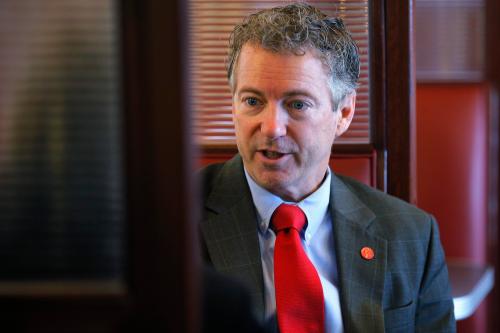
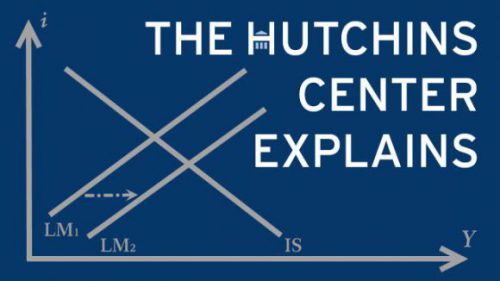
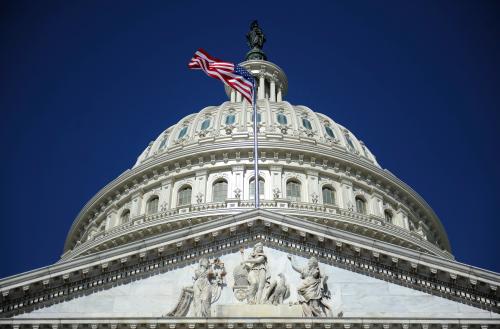

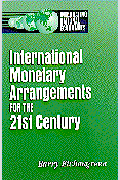
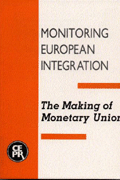
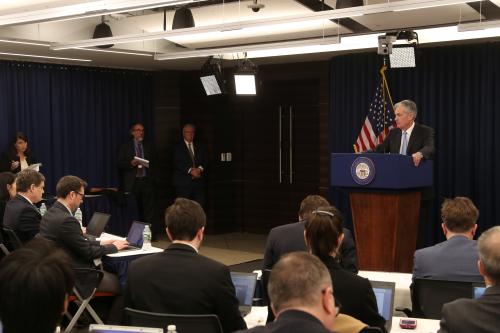
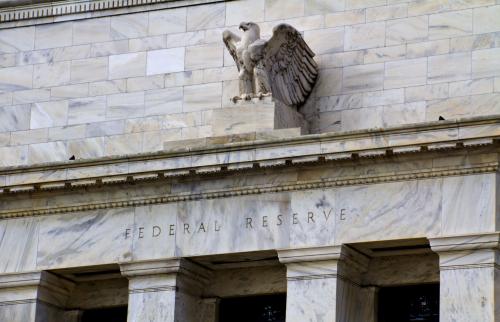
Commentary
TestimonyPreserving the independence of the Federal Reserve
July 14, 2015